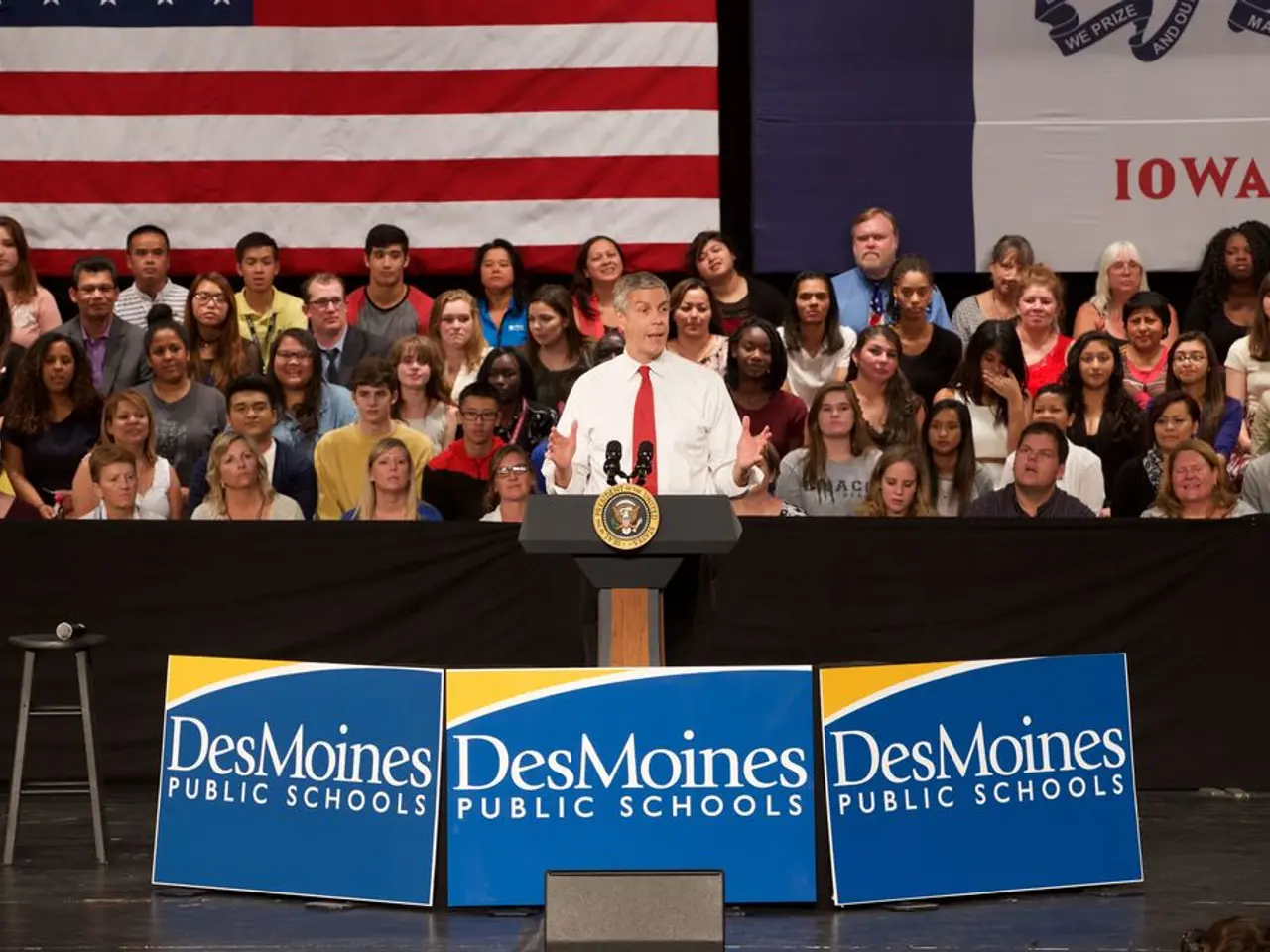Debating Politics and Cultural Aspects via the Lens of the English Language
In a world where diverse cultures intermingle, English discourse has emerged as a significant force, bridging cultural divides, fostering understanding, and influencing global narratives. This powerful tool is often the default language in international forums such as the United Nations, where leaders negotiate treaties and address international concerns.
The intersection of politics and English discourse creates a rich tapestry of dialogue that reflects the complexities of human society. This dialogue is not confined to formal meetings, but extends to the digital realm, where social media platforms have democratized information dissemination and facilitated new forms of communication.
In multilingual societies, English discourse plays a pivotal role in political movements and voter engagement. For instance, in countries like Cameroon, English serves as both a unifying medium and a contested symbol, embodying ethnic and regional identity. In such contexts, the government's promotion of French over English can fuel political unrest and demands for autonomy or recognition.
The impact of English discourse on voter engagement can also be seen through media consumption. The introduction of media broadcasting in dominant languages, including English, can influence voter turnout and political engagement. However, it's essential to note that this influence can sometimes lead to alienation or disengagement of local voters when it overshadows local languages and issues.
Historically, nationalist movements in multilingual countries have used English as a tool for political unity and identity consolidation. While linguistic uniformity was prioritized to strengthen governance and national identity in the 18th and 19th centuries, modern movements are increasingly recognizing linguistic diversity within pluralistic frameworks.
Migration within multilingual societies often leads to the creation of new English dialects that reflect hybrid cultural identities. These dialects, like African American Vernacular English (AAVE) or Caribbean English-based creoles, carry not only linguistic significance but also political meanings tied to identity and empowerment of marginalized communities, thus influencing social movements and voter engagement linked to ethnic and cultural representation.
Understanding the nuances of English discourse can lead to a better appreciation of the richness of cultural interactions and avoid cross-cultural misunderstandings. However, it's crucial to acknowledge the challenges that come with this dominance, such as linguistic imperialism, where English dominates local languages and cultures, potentially leading to cultural homogenization.
Promoting digital literacy and critical thinking skills among users is essential for maintaining constructive discourse on digital platforms. The cultural dimension of English discourse is a medium for cultural exchange and identity formation, enriching participants' understanding and appreciation of global diversity.
In conclusion, English discourse, particularly in the context of politics and culture, reveals intricate dynamics of language in shaping human societies. It serves as a bridge language, allowing people from diverse backgrounds to communicate and share ideas. However, it's essential to navigate these challenges to leverage technology to enhance participation in English discourse, contributing to a more equitable and informed global community.
The influence of English discourse extends beyond formal politics, permeating education-and-self-development platforms and shaping global narratives about lifestyle and cultural identities. For instance, online courses and e-books in English promote the exchange of ideas on personal development while addressing global concerns.
Moreover, technology has facilitated the reach of English discourse, with general-news organizations translating their content into multiple languages, including English, to cater to a broader audience. This global dissemination of news fosters cross-cultural understanding and enables a more informed public.




